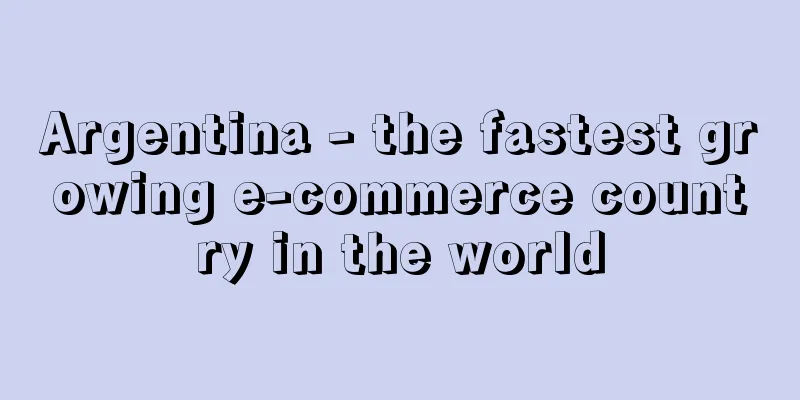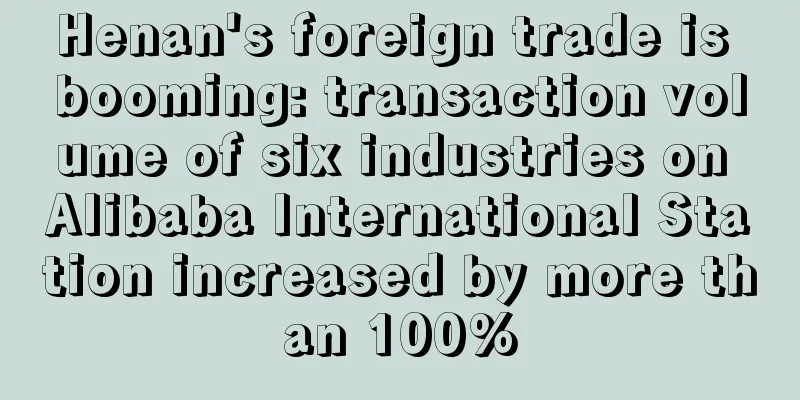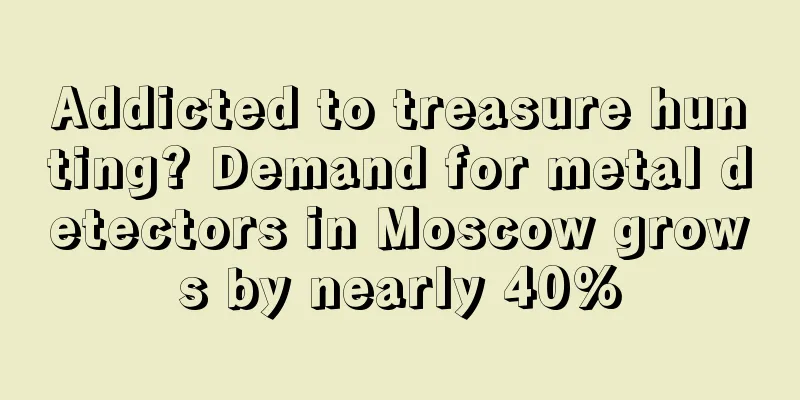Argentina - the fastest growing e-commerce country in the world

|
The COVID-19 pandemic and the resulting restrictions have caused drastic changes in business models and an increase in e-commerce sales around the world, with Argentina being a standout.
British publication The Economist noted that Argentina has seen the fastest e-commerce growth in the world during the pandemic, thanks to "high internet penetration, smartphone ownership and financial inclusion, as well as the recent Knowledge Economy Law."
The publication said the coronavirus pandemic and the resulting restrictions on activity have led to dramatic changes in business models and increased e-commerce sales around the world.
According to data from US market research firm eMarketer, global e-commerce sales grew 28% in 2020 to $4.3 trillion; while e-commerce in all regions saw double-digit growth, growth in Latin America was particularly significant.
According to the document, The Economist states that "Argentina became the fastest-growing e-commerce market in the world by 2020," thanks to a number of structural factors: high penetration of the internet and smartphones, as well as financial inclusion.
The publication also noted that "all signs point to the near-term outlook for e-commerce remaining positive."
The Economist said: “We expect e-commerce to retain its vibrancy in the long term; while there may be some disruptions towards the end of this year and early next as Argentina’s economy reopens, we believe that the online consumption habits formed during the Covid-19 outbreak are likely to survive the pandemic itself.”
At the same time, the publication added, "companies will also be interested in retaining (and expanding) their digital footprint, especially since profit margins on online sales tend to be much higher than those in traditional retail."
In October 2020, the Argentine government passed a new Knowledge Economy Law, providing tax incentives to companies engaged in high-tech industries to promote the provision of digital goods and services.
However, there are still risks to Argentina’s relatively optimistic outlook for e-commerce, largely due to an undesirable policy mix. The Economist noted: “The measure conflicts with a number of other policies implemented by the national executive, including broad-based price controls, foreign exchange controls and import taxes.”
Despite this, Argentina remained the fastest growing country in e-commerce in the world in 2020. Online Shopping E-commerce Latin America |
Recommend
"2024 Global Consumer Trends White Paper" released, TikTok for Business interprets marketing strategies for new consumer scenarios
introduction The charm of the overseas market lie...
What is KuaiYiCloud? KuaiYiCloud Review, Features
KuaiYi Cloud optimizes warehousing and production ...
What is Global Bees? Global Bees Review, Features
Global Bees , which focuses on acquiring, consolid...
Amazon is selling clothing that insults Chinese people again
If there is one news topic that has been trending...
What is seisukeknife? seisukeknife Review, Features
seisukeknife offers a large selection of high qual...
What is Arezzo? Arezzo Review, Features
Founded in 1972 , Arezzo is a Brazilian fast fash...
What is Hub2b? Hub2b Review, Features
<span data-docs-delta="[[20,{"gallery"...
Wish takes stricter penalties for misleading products
Compliance operation has always been an important...
What is Deshang International Freight? Deshang International Freight Review, Features
Shenzhen Deshang International Freight Forwarding ...
Attention! Vietnam will impose taxes on overseas e-commerce sellers
Vietnam’s Ministry of Finance recently said that ...
Euro and US dollar exchange rates plummeted, sellers: It's heartbreaking
Recently, the exchange rates of the euro, the US ...
South Korean government reviews Online Platform Fairness Act
It is reported that the South Korean government r...
What is antcool? antcool Review, Features
Antcool has strong cross-border e-commerce techno...
Newegg mistakenly shipped Intel's 12th-generation processors ahead of schedule
Recently, there was news that the North American ...
Cross-border Communication issued an announcement, and we finally know the real reason why Paton was sold!
Performance decline, debt accumulation, urgent ne...









